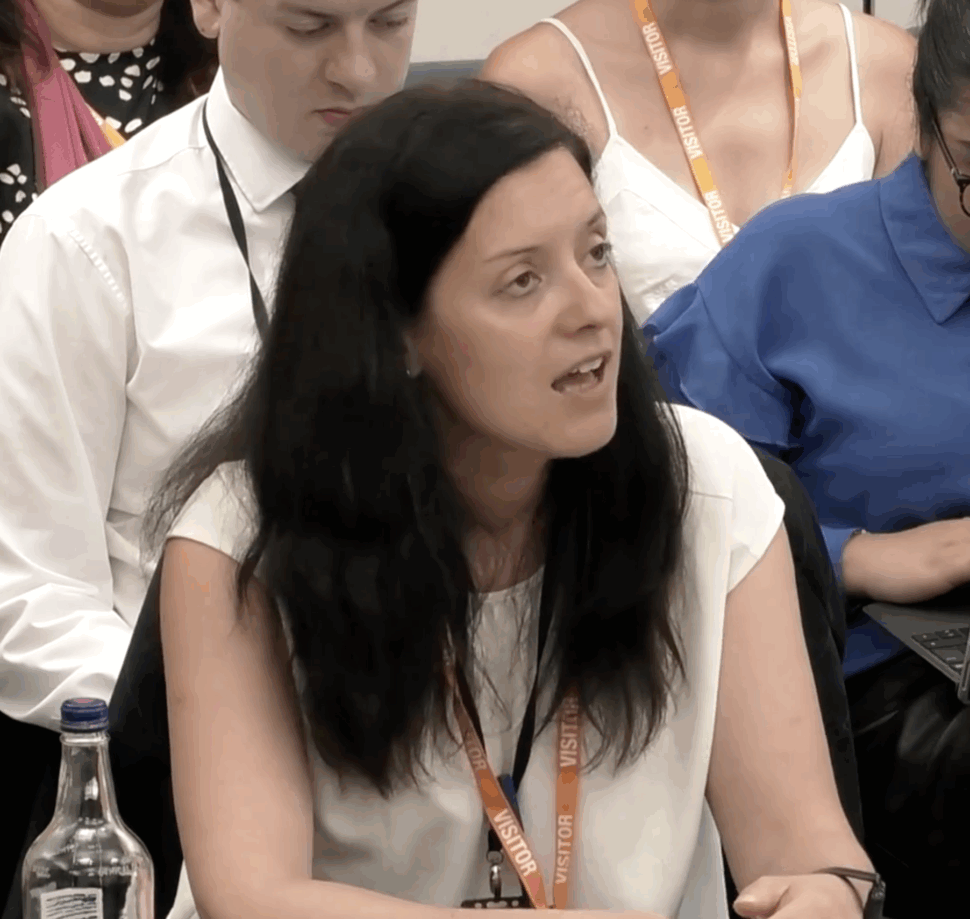Pupils who are “very settled” in special schools will not be forced to move under the government’s plans to meet more needs in mainstream settings, a senior government official has said today amid concerns over the upcoming reforms.
But Alison Ismail, director of SEND at the Department for Education, said ministers wanted to do “more to support” the needs of pupils with autism spectrum disorder, speech and language needs and conditions like ADHD “in their local school where possible”.
Schools Week revealed earlier this year how the government is considering restricting the use of education, health and care plans to pupils in special schools as part of planned reforms to the SEND system.
But it has prompted a fierce backlash among families, who fear their children’s legal right to support will be taken away.
The government is due to set out its full plans in a schools white paper this autumn.
‘Overwhelming growth’
Giving evidence to the education committee this morning, Ismail referred to snap data collected from councils about shortfalls in provision over the past two years.

She said that regardless of whether an area had traditionally had more special schools, there was “really strong feedback that there’s a shortage of specialist places”.
Ismail also added that the prevalence of hearing and visual impairment and profound and multiple learning disabilities – which would traditionally have been supported in special schools – had stayed “very, very steady”.
“Whereas, where we’ve seen overwhelming growth is in autistic spectrum disorder…speech, language and communication…especially in young children, and in social, emotional mental health, which covers a wide range of needs, so mental health need, but also things like ADHD.”
‘We won’t expect settled pupils to move’
Although those with the most acute needs are still due to have them met in special schools, ministers aim to meet more children’s needs in mainstream settings.
But Ismail said that “obviously there will be children within those groups who are very settled in specialist provision. We absolutely wouldn’t expect them to move, and we recognise it’s a complex picture with many children having more than one type of need.
“But in general, of those real growth areas, we would like to be doing more to support them in their local school where possible.”
Ministers are under increasing pressure to explain their definition of “inclusive” mainstream schools.
Schools minister Catherine McKinnell told the committee today that “we want all children to feel that they belong in a mainstream setting if that is the best place for their needs to be met.
“And so I appreciate that some of the detail will have to be set out in our statement, the schools white paper, that we’ll set out in the autumn. But I want to be really clear from the outset that we won’t be removing any existing, effective support.”
‘No decisions’ on changes to EHCPs
She added that “to the specifics of how we see inclusivity within mainstream schools, really, it is about building the expertise of the workforce within schools to break down the barriers to education, whatever those barriers are that children might be facing to access and unlock their education.
“And particularly ensuring that special schools as well can cater to those with the most complex needs.”
McKinnell added that government “haven’t made any decisions yet about any future changes on education, health and care plans.
“The settlement from the spending review that we got does mean that we can make a significant investment in the provision available for SEND pupils in mainstream schools, as well as protecting the provision that’s currently in place.”
McKinnell repeated that ministers would “avoid removing effective provision that is evidence based, and it’s working and is delivering for children and young people”.








Your thoughts